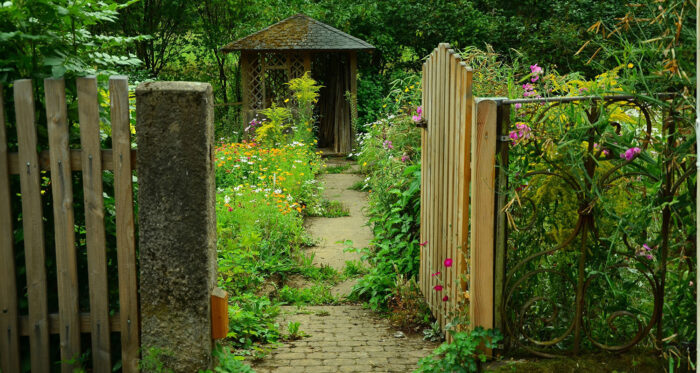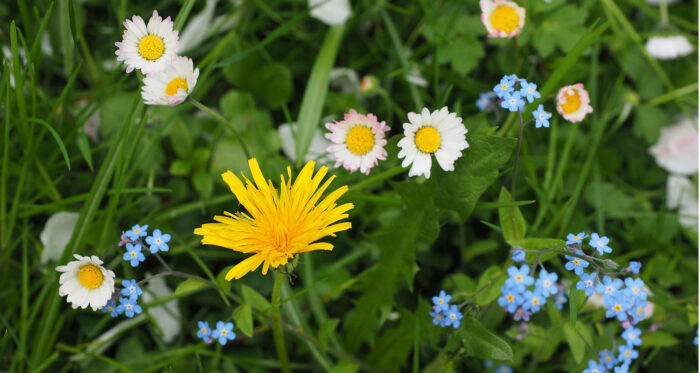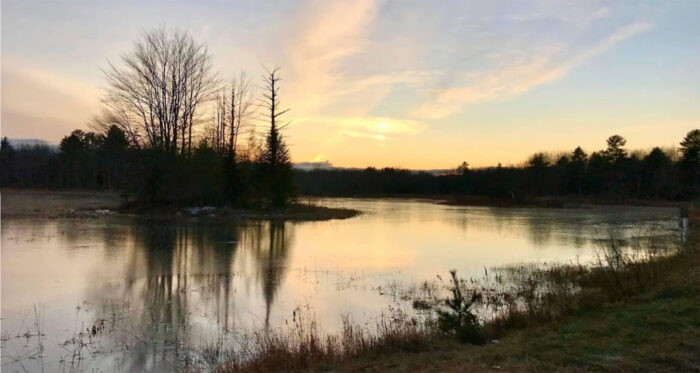FreeportCAN Action Group:
Lands & Waters
Freeport’s land and water are under threat: Ocean temperatures are rising faster than most areas in the world, sea levels are rising, resulting in more frequent flooding and infrastructure damage, ocean water is becoming more acidic, species are migrating and impacting the economy of our working waterfront, salt marshes are disappearing, and biodiversity is being challenged due to invasive species and climate changes.
The impact of climate change is becoming increasingly alarming, yet individual and local community involvement can facilitate collective action to reduce the threats and mitigate the impacts.
Impact
According to the Gulf of Maine Research Institute, annual sea surface temperatures in the Gulf of Maine are rising 97% faster than the rest of the world’s oceans. The Intergovernmental Science Policy Platform on Biodiversity and Ecosystems estimates that one-half-to-one million species are threatened with extinction, many within the next few decades.
The Lands & Waters Action Group brings community members together for climate action, raises awareness, promotes land and shoreline conservation, and explores carbon-neutral landcare practices beginning in our own yards and public spaces.
What you can do
Decrease the size of your lawn and plant native plants. Not only will you need to mow and fertilize less, but it will also create habitat and sequester more carbon.
Switching to electric yard equipment reduces your carbon footprint, does not put harmful pollutants into the air we breathe, and is safer and cheaper to operate than gas-guzzling alternatives. Ditch polluting, fossil fuel powered lawn equipment and go electric.
Because trees, plants, grasses and other living things soak up carbon and store it in the ground, healthy soil and proper land management practices are an essential part of the climate solution.
• Plant groundcovers to prevent soil erosion
• Don’t till or plow garden soil, mulch instead
• Protect garden soil in the winter by planting a cover crop like winter rye
• Test your soil through the University of Maine Extension Office and make amendments as necessary to bring your soil in to balance
One of the most important things you can do in your yard, from a health and climate perspective, is to avoid the use of synthetic pesticides, herbicides and fertilizer. These chemicals contribute to greenhouse gas emissions when they are made as well as when they are distributed and after their application. Use compost and organic fertilizers when needed.
Good management of the natural resources on your property, like woodlands and wetlands, plays a significant role in combating climate change. Protecting the tree canopy and wetlands draw down greenhouse gases, create cleaner air and water, increase biodiversity, cool temperatures and improve water management.
Join Us!
Act local and drive climate action now!
Only with a true community-wide effort will we meet our climate action goals.
If you have experience or interest in this area, we hope you will join a group of fellow activists in efforts to inspire action that is commensurate with the scale and urgency of the problem.
How We're taking action
Native Garden Tour
Wed. June 14, 5-6 pm 13 Sandy Beach Rd., Freeport Join us to learn how
FCAN Office
04 June, 2023Celebrate No Mow May
May, 2023 Did you know that gas-powered lawn and garden equipment puts
FCAN Office
04 May, 2023Florida Lake Trails “Slow Walk”
Sunday, April 16, 2023 3-4:30 pm Florida Lake Park, Wardtown Rd., Free
FCAN Office
06 April, 2023




